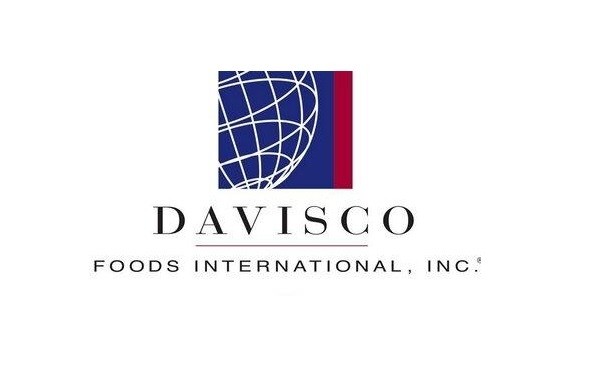Davisco Foods International to pay penalty for violating part of Commodity Exchange Act

Davisco, which processes roughly 11m pounds of milk per day into cheese and whey products, agreed to settle with the CFTC and pay the penalty without admitting or denying any of the findings.
The CFTC found that from May 2011 through October 2014, Davisco accepted orders from its milk suppliers for the purchase and sale of CME Class III futures contracts. In connection with these orders, milk suppliers received credits and debits to their accounts with Davisco.
As such, Davisco acted as an FCM, the CFTC says and, by failing to register as an FCM, Davisco violated a section of the Commodity Exchange Act (CEA), which states:
“It shall be unlawful for any person to engage as futures commission merchant or introducing broker in soliciting orders or accepting orders for the purchase or sale of any commodity for future delivery, or involving any contracts of sale of any commodity for future delivery… unless such person shall have registered, under this act, with the commission as such futures commission merchant.”
Davisco offered Milk Protein Agreement
Davisco suppliers signed a "Milk Patron Agreement," which contained an option to enter into a "Futures Milk Contracting Program." Suppliers who signed up for this program placed orders with Davisco for CME Class III Milk futures contracts. Davisco then submitted these orders to its broker. Davisco adjusted its payments to the milk suppliers based upon the settlement price of the Class III Milk futures contract positions that Davisco had entered into on their behalf.
While it solicited and accepted funds, any profit or loss was reflected in the Milk Patrons' accounting. Davisco did not charge any fees in connection with these transactions. Although Davisco did not profit from these activities, its business received a benefit from offering the FCM services to its clients, the court document stated.











